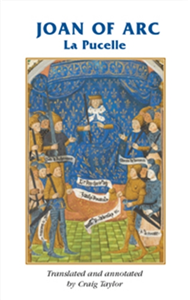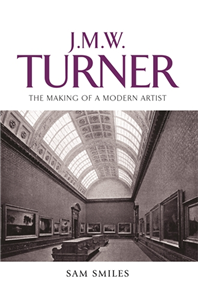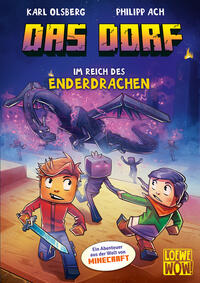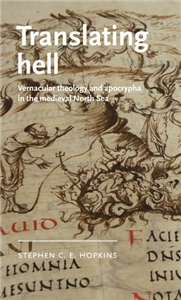Biografie | Ein Leben aus der Perspektive seiner Bilder | Mit zahlreichen farbigen Abbildungen
Von seinen Zeitgenossen entweder gefeiert oder für verrückt erklärt, gilt William Turner heute längst als der bedeutendste Künstler Großbritanniens. Kein anderer Maler des 19. Jahrhunderts hat die weitere Entwicklung der Kunst stärker geprägt als er – ob Impressionismus, Abstraktion oder Futurismus, Turner hat vieles vorweggenommen, was erst Jahrzehnte nach seinem Tod Furore machen sollte.
William Turner (1775-1851), Sohn eines Barbiers, verfolgte seinen Traum von Anerkennung und Wohlstand erfolgreich mit den Mitteln der Kunst. Wohl keiner reiste und zeichnete so viel wie er, bediente einerseits gekonnt den Kunstmarkt und schuf zugleich Werke, von denen der Autor und Sammler William Beckford sagte, Turner »malt, als ob sein Hirn und seine Fantasie auf der Palette mit Seifenlauge und Schaum vermischt wären.«
Zu seinem 250. Geburtstag folgt Boris von Brauchitsch dem exzentrischen Maler in dieser atmosphärisch dichten Biografie vor gesellschaftspolitisch geweitetem Horizont auf seinen abenteuerlichen Reisen durch Europa, beobachtet ihn bei seinem Wettstreit mit den Großen der Kunstgeschichte, begleitet ihn beim Kampf für die Ebenbürtigkeit der Landschaftsmalerei und geht so manchem Geheimnis nach, das ihn umgibt.































